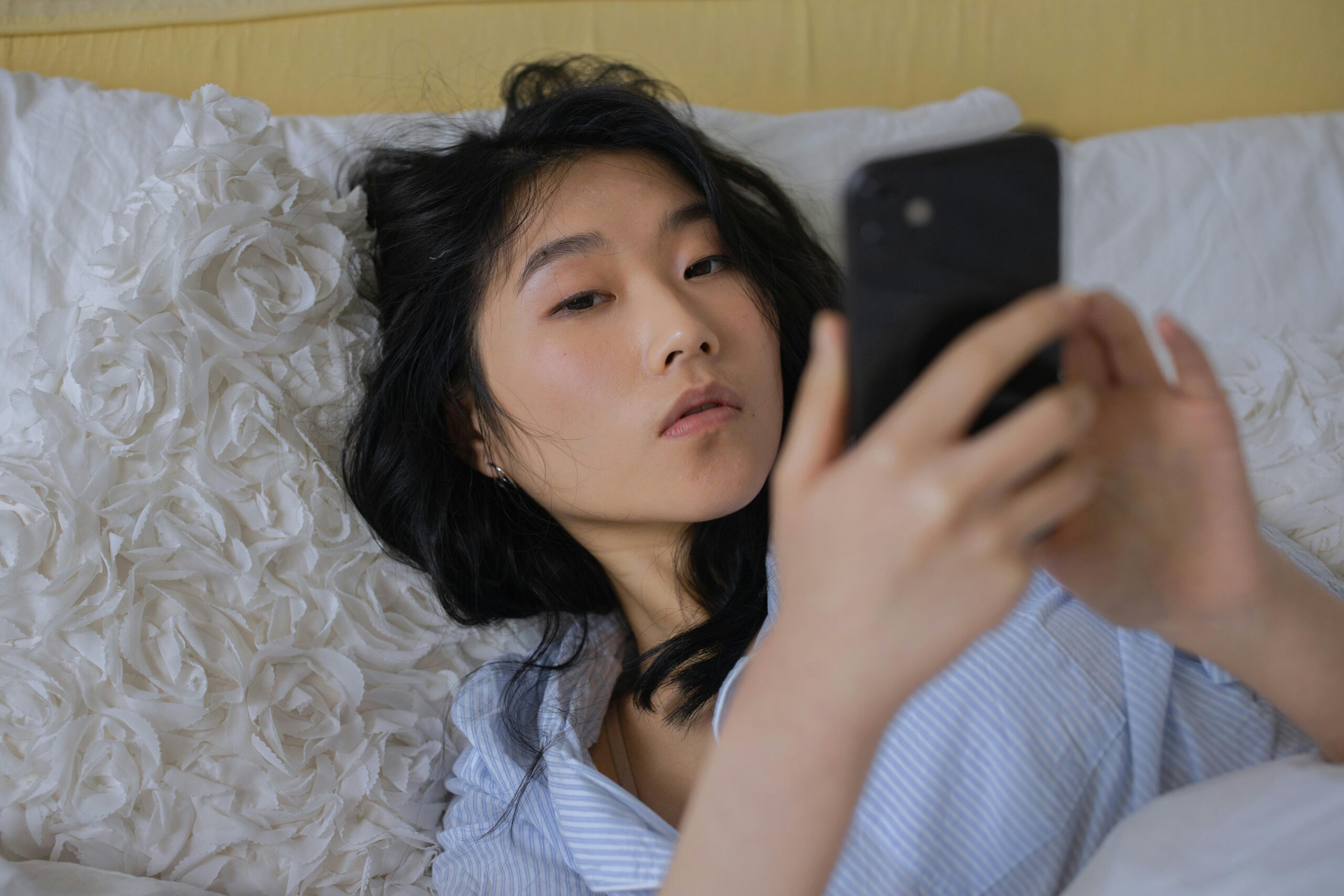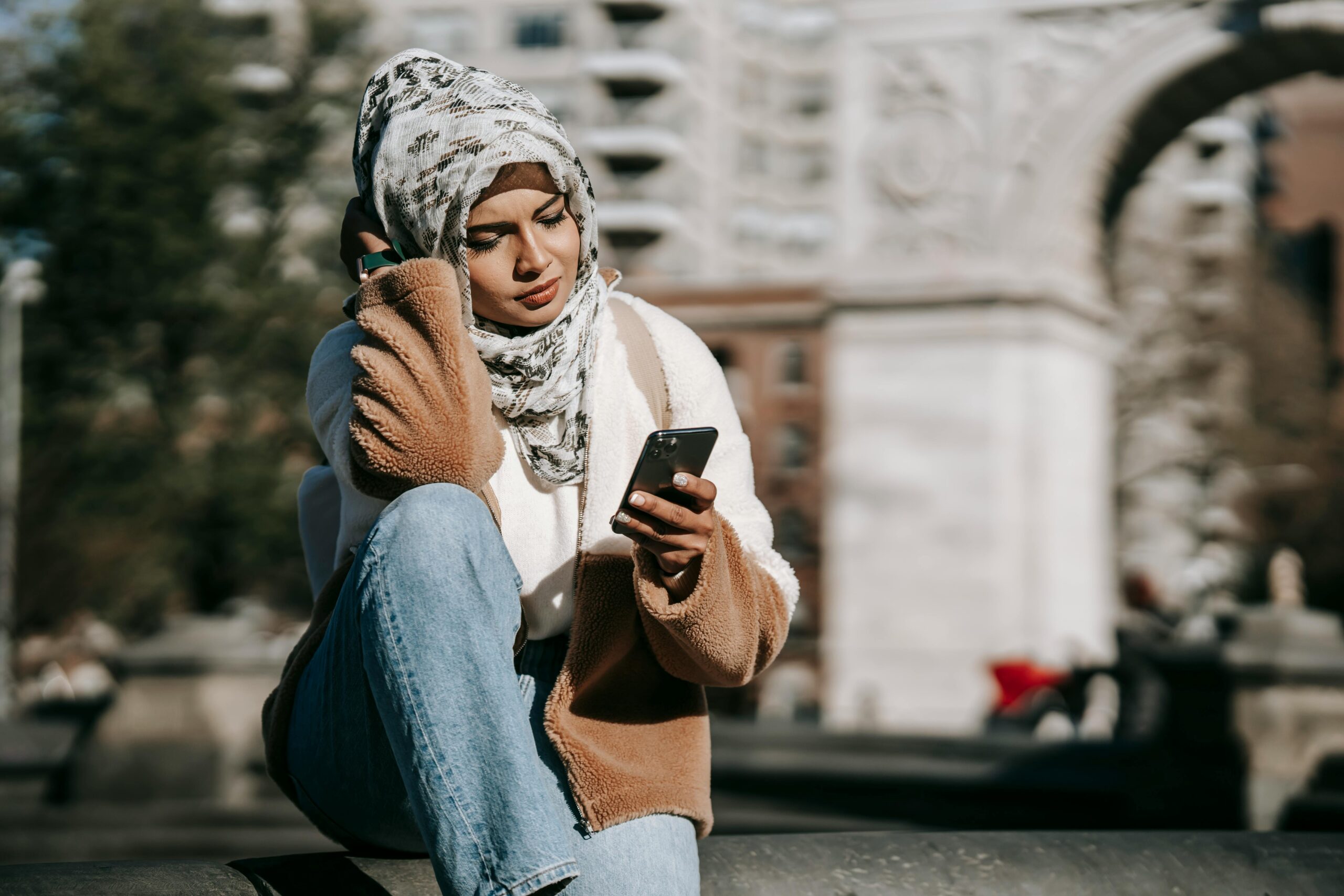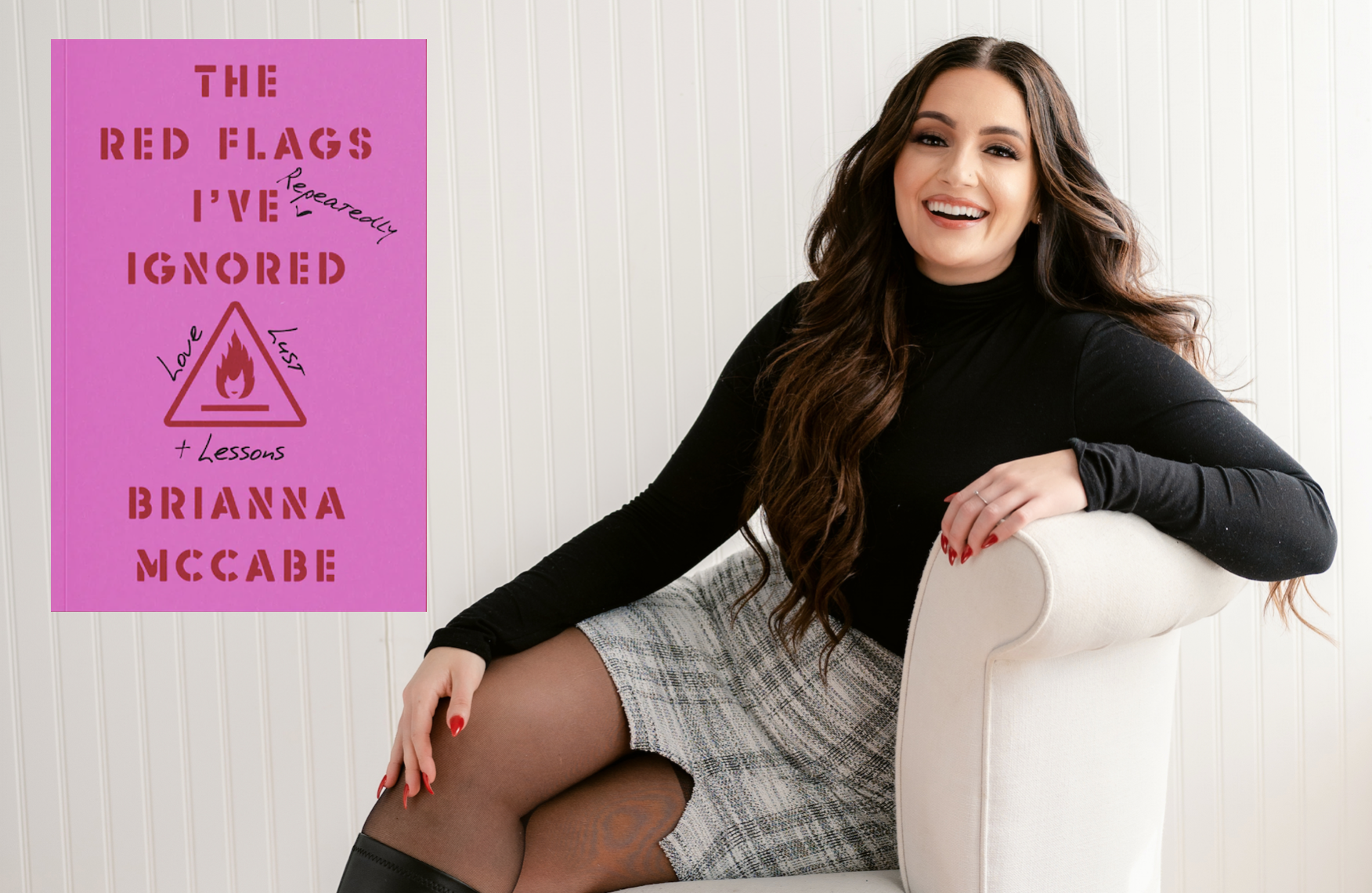
Trafficking for sexual exploitation is the fastest growing criminal enterprise in the world. The illegal industry nets $99 billion each year and is closely linked to other organized criminal activity such as drug distribution and money laundering.
96% of sex trafficking victims are women and girls.
Although international law and the laws of 158 countries criminalize sex trafficking, it is still legally and socially acceptable to treat women and girls as merchandise in the sex trade.
International women’s rights organization Equality Now and the Sophie Hayes Foundation, which provides support to women who have been trafficked, have collaborated on an immersive audio piece “The Lion Within” to share powerful first-hand experiences of three women who have personally experienced sex trafficking and commercial sexual exploitation.
The stories of survivors give a window into the devastating human rights violations and abuse millions of women and girls suffer every year. Listening to the voices of women gives a glimpse of what they have lived through and an insight into understanding how to combat such harms.

“I was a runaway from home, and if you run away and you have self-hatred you are likely to be attractive to the sex trade. I was prostituted from the age of 14.”
“I feel that the men who were buying me could all see clearly that I was a child. I don’t have many photos of myself, one or two, but when I look at them not only was I a child but I was a very ill child. I was anorexic at that age, I was so thin and it made me look younger than 14 because I was ill. I think they never saw me as a child, they saw me as a prostitute and once you see someone as a prostitute you don’t see that they are human.”
“When I was starting, the men specifically wanted underage prostitutes. They were particularly violent men and were in some ways more honest about it than the men later on. The guys later on who were looking for an escort or a girlfriend experience were just as violent and full of hate but they lied about why they were doing. They would pretend they cared about me or pretend that they didn’t do it very often or it wasn’t really real violence they were doing.”

“It’s easy to dismiss girls who work on the streets as deadbeats or drug addicts without ever thinking about why they’re working as prostitutes. And the truth is that many of them have been trafficked and they work long, exhausting, miserable, soul-destroying hours for men who are cruel and violent.”
“I worked seven nights a week, from eight in the evening until five or six in the morning. I would have, on average, about 25 customers every night and it wasn’t long before my spirit was crushed. I was so weary that nothing seemed to matter and I didn’t care whether I was alive or dead.”
“Sometimes, a man would ask how old I was and when I told him, he’s day, ‘Ah, you’re the same age as my daughter’ – which seemed really creepy to me but never appeared to bother the men at all. It was a bizarre, surreal world and although nothing in it was familiar to me, nothing really surprised me either.”
Interwoven are comments taken from a UK website where buyers of sex post reviews about their encounters, and the piece highlights how male perceptions diametrically differ from those of women featured.

Hear what men who pay for sex have to say…
By targeting the root of the problem – the demand for paid sex – we can protect women and girls. No demand, no supply. Countless women and girls are bought and sold every year in the commercial sex trade, i.e. prostitution, which is often the end destination of sex trafficking. Without the sex trade, there would be no industry to traffic women and girls into, so efforts to address sex trafficking must also address prostitution.
Globally, there is evidence of a strong push-back on women’s rights, worsened by a rise in forces attempting to limit women and girls. Gratefully, there’s a palpable new energy from a young and revitalized citizenry wanting to get involved to make a positive difference.
By sharing experiences, “The Lion Within” seeks to harness some of that energy for justice, bring new audiences into the discussion and share space for creative thinking on how we can all work together to bring an end to sex trafficking.
TAKE ACTION
About Equality Now: Equality Now is an international human rights organization that works to protect and promote the rights of women and girls around the world by combining grassroots activism with international, regional and national legal advocacy. Their international network of lawyers, activists, and supporters achieve legal and systemic change by holding governments responsible for enacting and enforcing laws and policies that end legal inequality, sex trafficking, sexual violence, and harmful practices such as female genital mutilation and child marriage.
About the Sophie Hayes Foundation:
The Sophie Hayes Foundation provides direct support services to women and girls who have been trafficked. Sophie Hayes is the alias of a British woman who was a victim of human trafficking and went onto be a writer and campaigner, setting up The Sophie Hayes Foundation in 2012 to help others. The Foundation supports survivors of human trafficking and modern day slavery through career coaching and practical training for future sustainable employment free of Human Trafficking and Exploitation, and by working closely with other institutions and NGO’s on similar projects.

















One thought on “What It’s Like To Become A Victim Of Sex Trafficking – Women Share First Hand Experience”